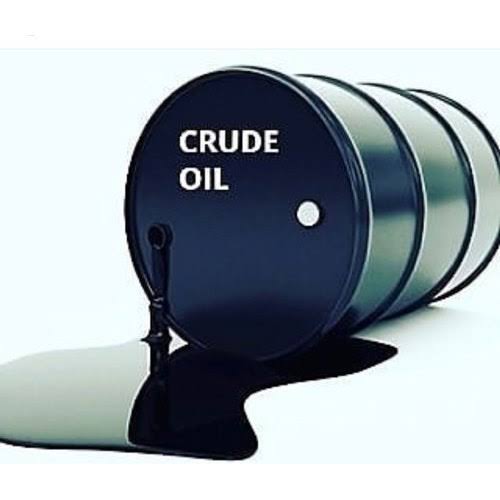NIGERIA’S REVENUE PROSPECT BRIGHTEN AS OIL SOARES ABOVE $93

Mtemdoo Gbagyo –
Nigeria, a country in the Sub-Saharan region with rich oil deposit both on onshore and offshore, accrues her economic revenue predominantly from crude oil export earnings.
However, with the decline in global demand for fossil fuel at the inception of President Buhari’s administration, leading to the drastic decline in oil earnings that resulted into an economic recession, and was further compounded by the effects of the outbreak of COVID-19 pandemic in 2020.
Although there are gradual recovering in recent times as shown in the national economic growth index. There is greater prospect for further economic advancements as Nigeria’s economy is predicted to experience boom, following the sudden soars in Brent crude as at last week’s global market oil bench mark.
The international oil benchmark for Brent crude, which is the major crude Nigeria exports, extended its gains as at Friday 4th February , as it rose above $93 per barrel, signaling a potential boost to Nigeria’s crude oil export revenue.
According to a Punch report, Brent crude, against which Nigeria’s oil is priced, hit a fresh seven-year high of $93.44 per barrel as of 4:15pm Nigerian time on Friday, trading more than $30 higher than the Federal Government’s benchmark for the 2022 budget.
The 2022 budget, which was signed by President Muhammadu Buhari in December, was based on oil production of 1.88 million barrels per day, with an oil benchmark price of $62 per barrel.
For Nigeria, which relies on crude oil for about 50 per cent of government revenues and over 90 per cent of export earnings, rising oil price means increased revenue.
Yet, In the face of euphoria of additional oil export revenue, lies on the other hand, increased cost of petroleum products, as the country depends heavily on imports, due to a lack of domestic refineries.
Sources has linked the winter storm in the United States to the latest oil price rally, fuelling concerns about production outages in the Permian Basin.
Unfortunately, Nigeria has not been able to leverage the oil price rally as its crude oil production has remained below the quota given to it by the Organization of the Petroleum Exporting Countries in recent months.
Recent down-stream reports has shown that Nigeria missed its crude oil output quota for January 2022, pumping 1.46 million barrel per day, as against a quota of 1.68 million bpd.
While analyst has blamed this setback on the poor maintenance of Crude oil terminals, shutdown, vandalism, and reduced investments in the oil sector as factors that have continued to undermine oil production, masking the gains from increasing oil prices.
The Petroleum Industry Act 2021, which was signed into law by the President on August 16, 2021 to repeal the extant Petroleum Act 2004, creates provisions and innovations that will affect various aspects of the oil and gas industry, as well as provide solutions to problems faced in this sector.
With the new Petroleum Act, experts had projected crude oil production (including condensates) will reach 1.75m bpd in 2022.
While this is an improvement from 2021 levels, it still lags the five-year average of 1.85 mbpd.
It is expected that the continued elevated crude oil price, coupled with the passage of the PIA, will incentivise drilling activities, and the commencement of 160,000 Amukpe-Escravos export terminals in H2 2022 to support crude oil production.



